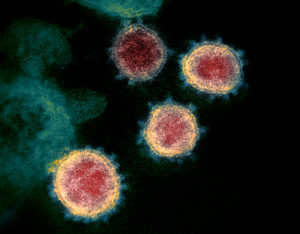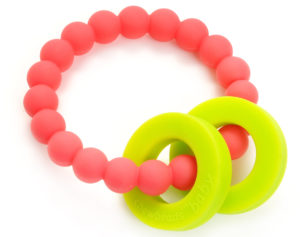 Is male hair loss a risk factor for having a severe infection with COVID-19? An international group of researchers (in a joint letter in Dermatologic Therapy) hypothesize that the reason some people have severe infections of COVID-19 and others only mild symptoms, may be related to the male hormones (androgens) linked to hair loss.
Is male hair loss a risk factor for having a severe infection with COVID-19? An international group of researchers (in a joint letter in Dermatologic Therapy) hypothesize that the reason some people have severe infections of COVID-19 and others only mild symptoms, may be related to the male hormones (androgens) linked to hair loss.
"Male pattern baldness" is considered androgen-dependent hair loss and is known as androgenetic alopecia. Androgens increase in boys at puberty.
As support for their hypothesis of androgen involvement, the researchers point out that a greater proportion of men get severe COVID-19 and also die from it. They propose this possibility as an additional risk factor to consider besides the known ones of older age (over 60) and underlying conditions.
And of course they say that research is now needed to look into this possibility. In a nutshell, their hypothesis is "...the scientific evidence gives us reason to believe that beardy, bald men may be more vulnerable to COVID-19 than other individuals." At this point, who knows?
From Futurity: Hypothesis: Is COVID-19 Severity Tied to Hair Loss?
Researchers hypothesize that the same male hormones that cause hair loss may be linked to the vulnerability of patients to SARS-CoV-2, the virus that causes COVID-19. ...continue reading "Is There A Link Between Severe COVID-19 and Male Hair Loss?"

 Finding endocrine disrupting chemicals in 2 out of 10 baby teethers, which are supposedly safe products for babies, is disturbing. Unfortunately the study did not give the manufacturers names. There was even an 11th teether made of natural rubber that was found to leach compounds that were "
Finding endocrine disrupting chemicals in 2 out of 10 baby teethers, which are supposedly safe products for babies, is disturbing. Unfortunately the study did not give the manufacturers names. There was even an 11th teether made of natural rubber that was found to leach compounds that were "